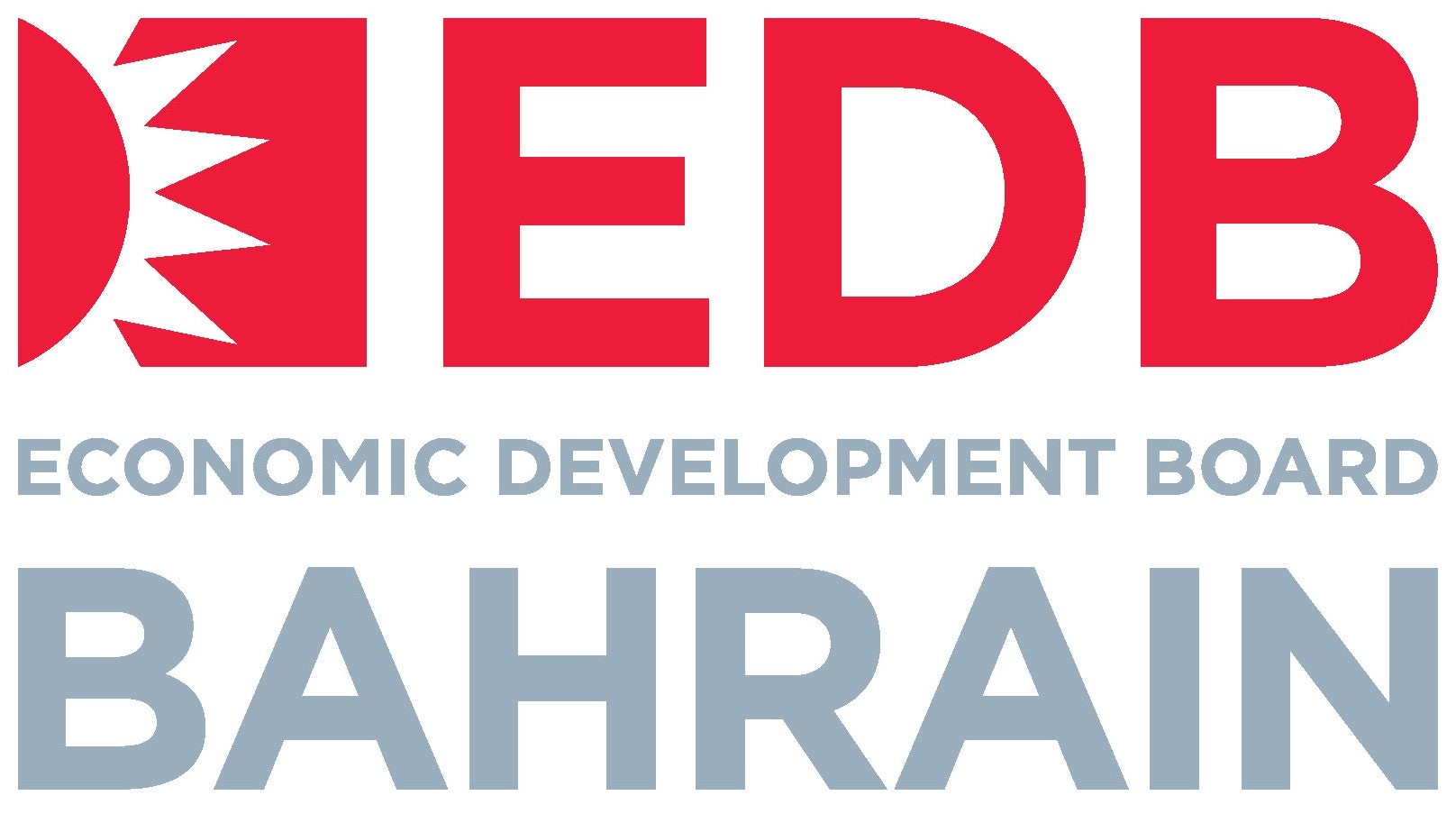
Since becoming the first country in the Middle East and North Africa (MENA) region to adopt a ‘cloud-first’ policy in 2017, Bahrain has attracted some of the world’s leading tech players to set up operations in the Kingdom. Most notably, cloud computing giant Amazon Web Services (AWS) launched its hyperscale Cloud Region in Bahrain in 2019, its first in MENA and a landmark investment. Alongside AWS’s new data centres powering the region’s cloud ecosystem, it regional operation is already helping organisations of all sizes transition to the cloud.
Now, as part of Bahrain’s Economic Recovery Plan, there is a huge cross-sector push to shore up the economy and move forward after the Covid-19 pandemic.

The Kingdom of Bahrain seeks to improve its position in the e-participation index in the UN e-government survey, attract leading companies in the field of advanced technology, provide world-class digital infrastructure, and enhance and increase the efficiency of e-government services, making Bahrain a centre of digital innovation in the region. This will be achieved through the launch of a package of initiatives aimed at developing digital policies, preparing the national plan for the digital economy, developing government systems and platforms, and enhancing the electronic payments platform.
Moreover, the plan is focusing on promoting the telecommunications sector by ensuring comprehensive coverage of the fibre-optic network in residential and commercial areas, ensuring the availability of international capacities to meet the current and future needs of the sector, as well as the development of spectrum management and monitoring systems and the regulatory framework for communication licences. The plan will also focus on enhancing the response and continuity of the government systems in emergencies and developing a national cybersecurity strategy that serves all sectors of the country.
The new strategy set to be announced will build on a digital transformation that has already begun. Already, the country is ranked first in MENA for ICT readiness, according to the World Economic Forum, and first in the Arab region in the ITU ICT Development Index, offering one of the most competitive and affordable ICT services in the region, with operational savings of 30–40% compared with nearby countries. Bahrain also has the lowest latency in the region; speeds are 90–95% faster when hosting in the Kingdom.
In addition, Bahrain has implemented pioneering regulations to protect businesses’ data, including a personal data protection law, in line with GDPR, and a data jurisdiction law, which creates a ‘data embassy’, allowing data stored in the Kingdom to fall under its home country’s legal jurisdiction.
New targets include offering 100% national broadband network coverage by 2026, as well as developing improved cybersecurity standards and totally transforming government operations, including the automation of at least 200 additional services.
Cloud technology: efficient, flexible and secure
The benefits the government has already seen since the Cloud First Policy was implemented in 2017 have been substantial. It allowed for the cloud migration of more than 70% of the operations and systems of 72 government entities, and the complete migration of 32 public and private organisations in 2021. Additionally, four government organisations fully established new cloud-based systems from the start. Overall, the government has seen an 82% reduction in expenses and slashed the time taken to complete transactions by 76%.
“Cloud technology is more efficient, flexible and secure than traditional alternatives, which aligns perfectly with the government’s comprehensive digital transformation and plans to accelerate innovation across all sectors,” says Dr Khalid Almutawah, deputy CE, operation & governance, Information & eGovernment Authority (iGA).
The government’s cloud computing preparedness also allowed the country to adapt quickly to the Covid-19 pandemic. “It enabled more than 20,000 employees to work remotely and more than 140,000 students to continue their studies uninterrupted through distance learning,” Almutawah explains. “iGA was also able to take immediate action to ease the swift development of the BeAware Bahrain app, which is a comprehensive tracing system utilising AI and Big Data technologies to track and monitor active Covid cases.
“The app was essential to the health sector’s success in limiting the spread of Covid-19. It offered various e-services to support users to get their coronavirus test results, PCR test certificates, rapid tests, registration for coronavirus vaccines and any assistance to the public during the pandemic.”
As Bahrain pushes forward with its digitisation strategy, the plan is to further increase the efficiency of government services by digitising more government documents and moving towards e-payments. There are also plans to expand the use of AI to foster innovation in government services and strengthen partnerships with the private sector.
A growing pool of tech talent
Bahrain’s advanced digital infrastructure is not only paving the way for a thriving IT and tech sector; it also offers cross-sector opportunities for investors, in everything from fintech to logistics. The digital ecosystem is supported by one of the most skilled and diverse workforces in the GCC region, ranking first in the Arab countries for advanced computer programming talent in ICT in the 2020 International Telecommunication Union Report and topping the World Bank’s 2020 Human Capital Index in the MENA region.
As part of its Economic Recovery Plan, Bahrain will place even greater focus on upskilling its digital talent over the coming years. In January 2022, government labour fund Tamkeen launched a slew of new programmes focused on technology and digital transformation, targeting the highest potential sectors within the economy, such as financial services.
There is also a growing pool of fintech expert talent available in Bahrain, which continues to expandalongside the rapid evolution of Bahrain’s fintech ecosystem. All told, Bahrain’s digitisation strategy aims to increase national employment in the IT and telecoms sector by 35% by 2023.
A clustering effect
The launch of Bahrain’s first AWS hyperscale data centre has already driven massive growth in data traffic towards MENA. Now the hope is that other global providers, including AWS’s partners and competitors, turn their attention to the increasingly attractive region. China’s Tencent Cloud has already recognised this opportunity and is exploring deploying its first MENA Region Internet Data Centre Hub in Bahrain.
“The Kingdom of Bahrain possesses all the qualities necessary to become a regional data hub,” Almutawah concludes. “It can have a major role in accelerating digital transformation and launching innovative products and services throughout the Middle East. The presence of leading global businesses such as AWS will only bolster this position and attract more players of similar calibre to set up their regional data centres in the Kingdom.”


